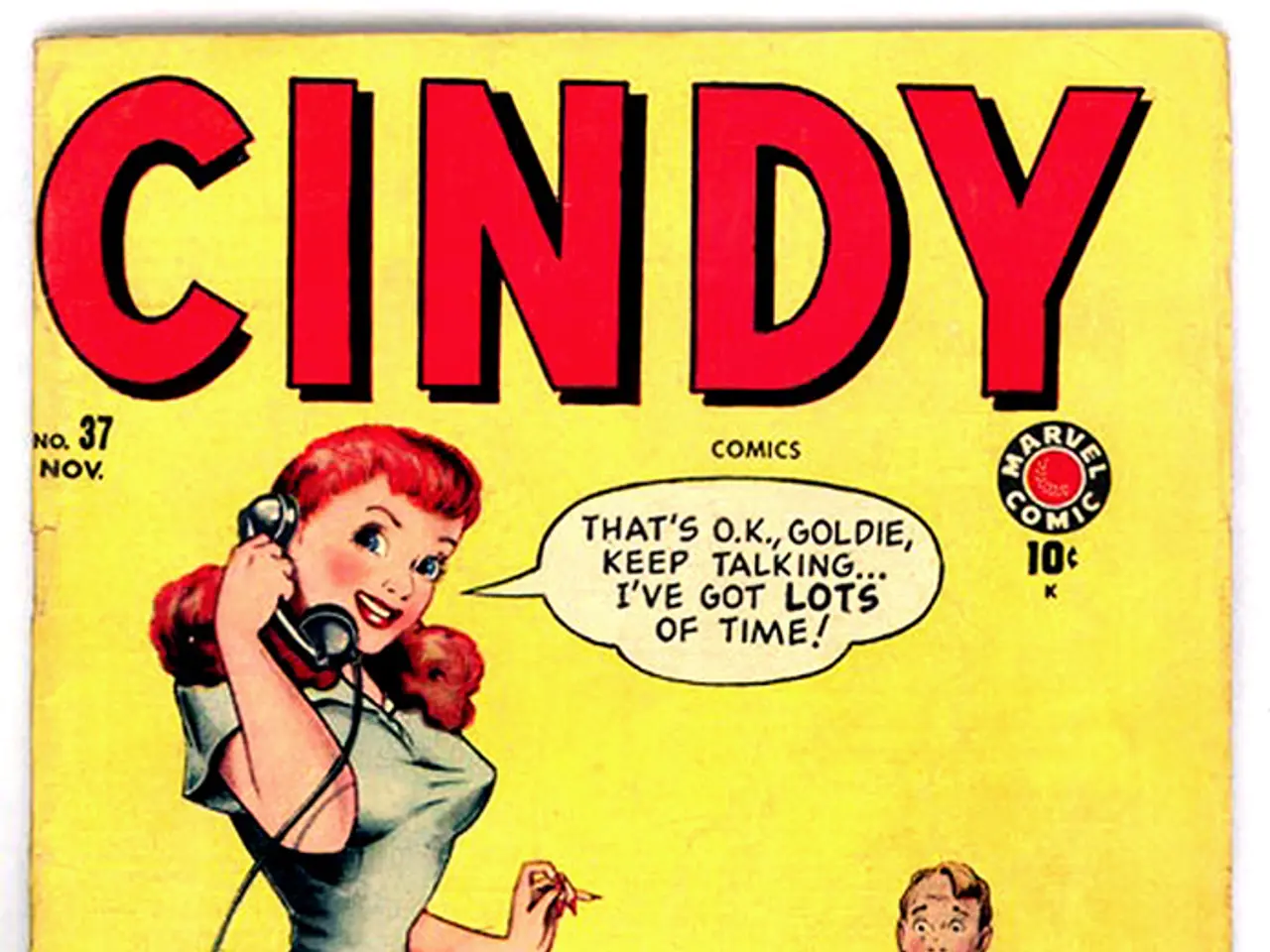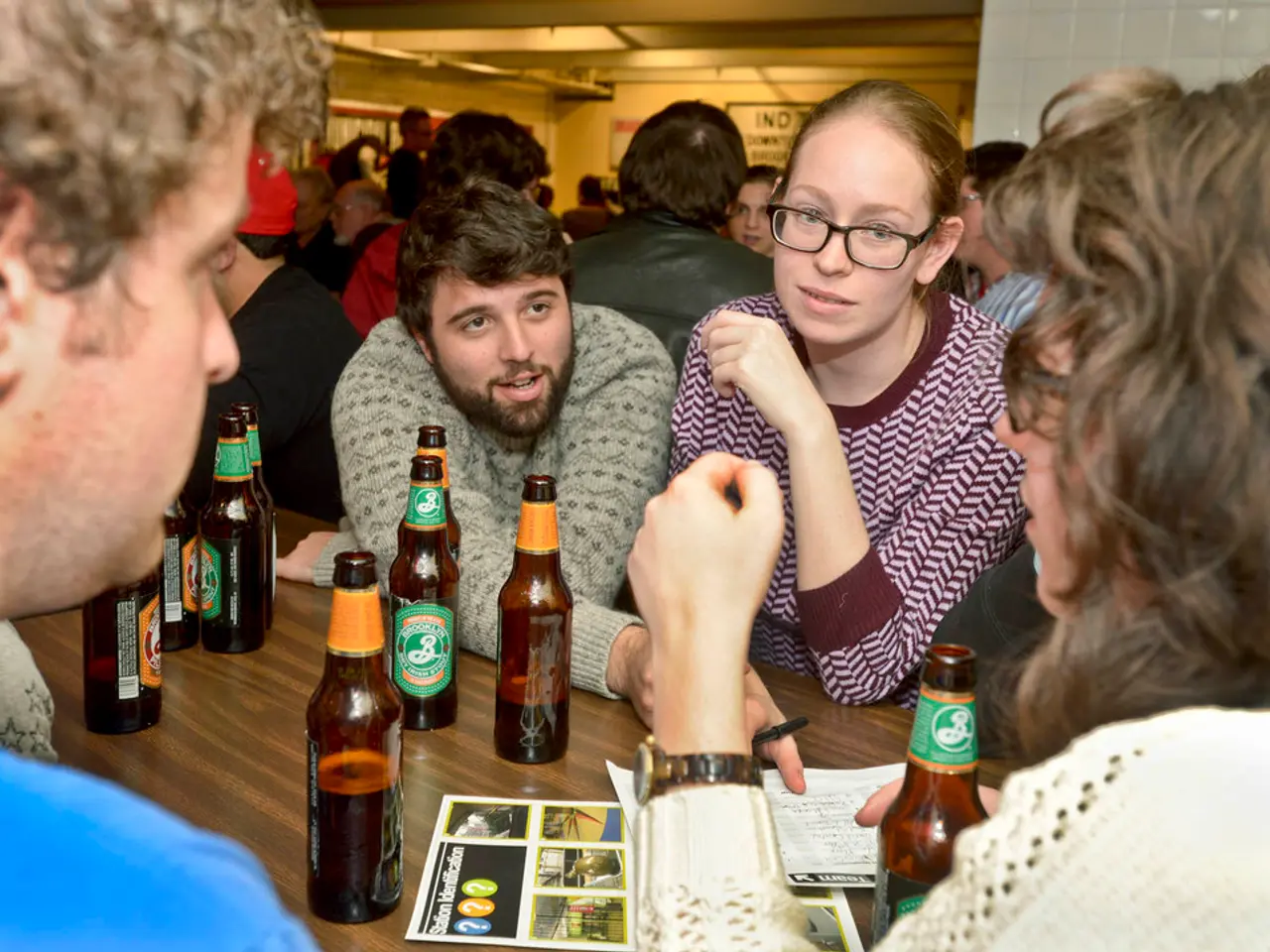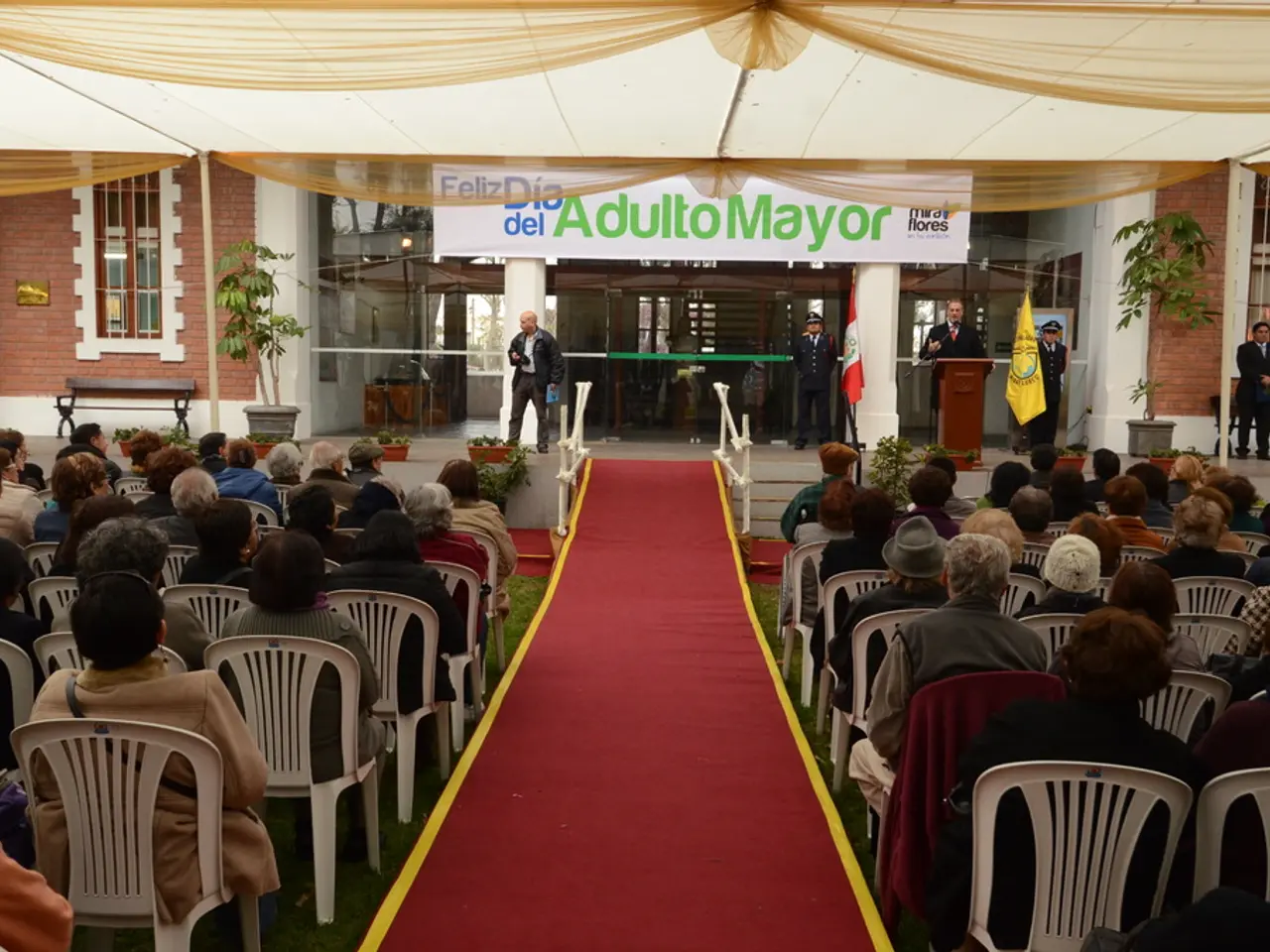Black Friday re-emerges at RNE, facing accusations of cultural disrespect
Radio Nacional de España (RNE) workers are voicing their discontent over the management's decisions for the next season's programming, particularly the relocation of the popular program "El ojo crítico." This move is seen as part of a broader pattern of management actions that the workers oppose, leading to protests, including vigils and demands for justice.
The workers view the relocation of "El ojo crítico" as detrimental to RNE's cultural and journalistic value. The program, which reportedly gathered between 15 and 16 hours to 112,000 listeners on RNE, is moving from RNE's main chain to Radio 5 Todo Noticias. This change is seen as a negative or marginalizing move, prompting organized resistance from RNE employees.
The weekend edition of "El ojo crítico" will remain on RNE, but the daily program will be hosted by Laura Martínez on Radio 5. Other cultural programs such as 'Músicas posibles', 'Documentos' or 'La estación azul' have also been relegated.
In response, the editorial team has admitted that these changes diminish the cultural and informative offerings on RNE. As a result, they have decided to resume "black Fridays", protests that made quite a noise in Rajoy's time as a protest against political interference. A petition on Change.org, calling for "El ojo crítico" to maintain its daily broadcast on RNE's main channel, has garnered over 1,600 signatures.
This unrest is part of a larger pattern of labor activism in Spain’s service sectors, where workers often engage in social movement unionism to challenge management decisions perceived as harmful or unjust, especially in feminized and precarious sectors.
In an effort to counterbalance these changes, RNE is bringing back 'Clásicos populares' within an evening container hosted by David Cantero. Additionally, new voices from outside the house, including Juan Ramón Lucas for the morning magazine, David Cantero for the afternoon program, and Miguel Ángel Méndez for the weekend sports, have been introduced. However, the anger among the workers of the public radio remains great, with voices regretting the current management's bet on entertainment formulas, which condemns programs like "El ojo crítico" to irrelevance.
Workers of Radio Nacional de España will stage a protest tomorrow as a form of protest against the disregard of RTVE's management for culture in the design of next season's programming. Changes in other informative and cultural spaces include 'A hombros de gigantes' moving to Radio 5 and 'Músicas posibles' becoming a podcast. The management's decisions are under scrutiny, and the future of RNE's cultural programming remains uncertain.
The workers of Radio Nacional de España (RNE) believe these management decisions, such as the relocation of "El ojo crítico" and other cultural programs, are detrimental to RNE's cultural and journalistic value and reminiscent of political interference. This shift towards entertainment is causing concern and anger among RNE employees, leading them to challenge the management's decisions through social movement unionism in the arena of general-news.
Despite the introduction of new voices and programs on RNE, the management's actions are seen as marginalizing shows like "El ojo crítico" and reducing RNE's overall informative and cultural offerings. These changes have led to a growing discontent among workers, sparking protests and a petition demanding the return of "El ojo crítico" to RNE's main chain, exemplifying the ongoing struggle in the field of science and entertainment to maintain quality and relevance.





